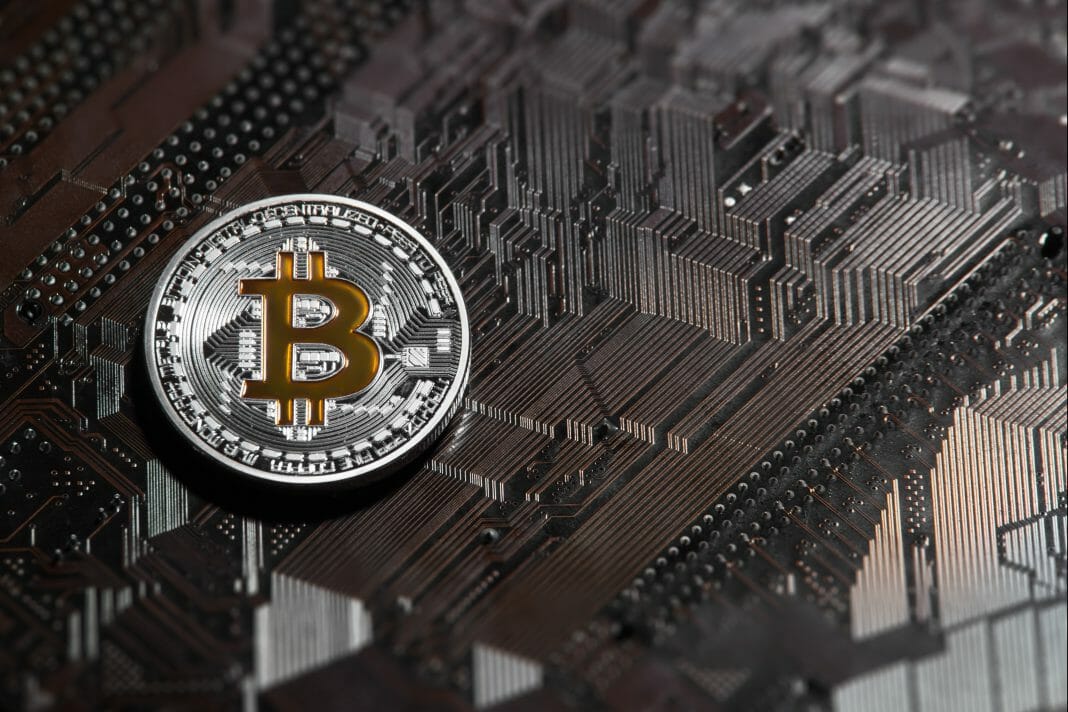The wallet is non-custodial, with a simple interface and aimed at the Latin American public. DAI can be used to pay the cost of the Ethereum network transaction.
Amid the post-electoral uncertainty in Argentina, with a strong resonance of the exchange rate and the resolution of the Federal Administration of Public Revenue (AFIP), which imposes the duty of informing Argentine exchange houses, a team of developers offers an alternative path: the wallet for DAI, WiniWallet. Its creators believe that this wallet is “an option to protect its users’ capital from economic fluctuations.”
The developers of WiniWallet are from La Plata, Argentina. Both are licensed in Systems and are dedicated to developing solutions focused on blockchain. Whilst Joaquín González occupies the role of Smart Contract Lead, Federico Elgarte is responsible for planning the strategy and executing the development of both mobile applications (Android and iOS). With a pure entrepreneurial spirit, they have faced the project together since 2017, without more funding than their own, appealing to their ingenuity and the feedback of family and friends.
Technical Operation
The team was working several months on the application to reach the current version. The first productive version was launched in mid-April 2019 on Google Play. Before that, the wallet went through stages of MVP (minimum viable product) and betas closed among family, friends, and people of the crypto world. They observed usage behaviors, made improvements to the user interface and discovered new features to implement. Its main objective is to maintain simplicity so that it is an easy-to-use wallet for anyone who is not yet part of the crypto world.
Registration in WiniWallet is made via the e-mail address. It can be used for receiving funds, an option offered by the application (in addition to the traditional address and QR code) to those who are not familiar with alphanumeric identifiers, distinctive cryptographic addresses.
Sending cryptocurrencies from one person to another requires paying a delivery fee. In the case of the Ethereum network, the fee called GAS is what keeps the network operating. On platforms such as Coinomi and Trust Wallet, the user needs to have two currencies (Ether and DAI) for sending and receiving value.
The novelty offered by WiniWallet is the insertion of a low-level entity (relayer) that is responsible for loading the sender’s DAI with GAS. In this way, the user is allowed to pay that fee with the same currency (DAI) that he or she has.
MakerDao, as well as its community, provided technical support to the team. Mariano Di Pietrantonio helped them disseminate to new users the operation of DAI and the decentralized finance paradigm (DeFi).
Current Public and DeFi’s Future Prospects
Those responsible for the wallet highlight a strong adoption by the Venezuelan community since many are working in different Latin American countries. Users can exchange local money for DAI and then send them through the wallet to their relatives in Venezuela.
Latin America is a natural place for the adoption of everything that is being developed. In many of the most advanced or developed countries, there is no real need as there is in these latitudes. The wallet team ensures that in the coming years, many foreign companies will come to observe how the entire DeFi ecosystem develops in the region.
By Willmen Blanco











